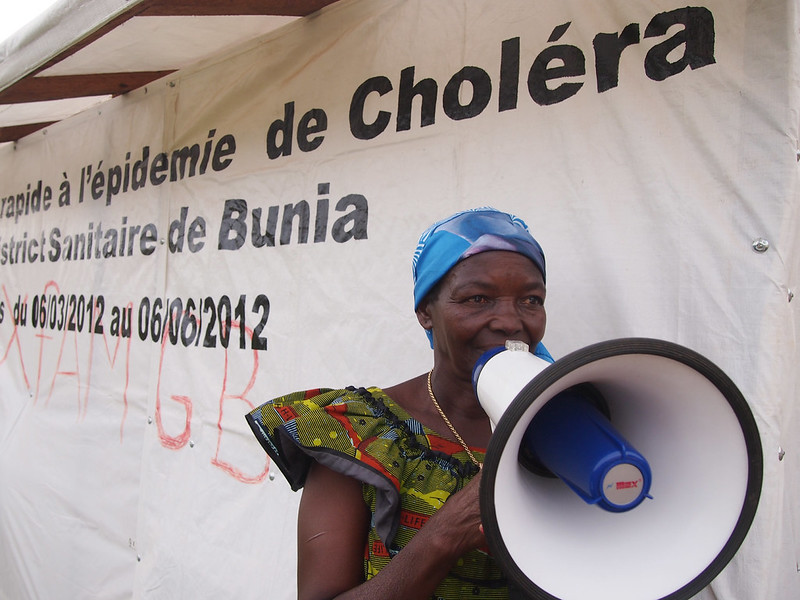
The European Centre for Disease Prevention and Control (ECDC) is urging the use of targeted prevention measures after four countries documented five cases of locally acquired clade 1b mpox, indicating community transmission.
In a news release and threat assessment today, the ECDC described the cases, which were reported by Spain, the Netherlands, Italy, and Portugal. Symptoms began from September 16 to October 7, and the disease courses were mild. Two of three patients with available information were men who have sex with men (MSM).
"While the immediate risk to the general population of acquiring the disease is low, the overall risk of infection is moderate for men who have sex with men," the ECDC said. "The risk of severe disease may be higher for those living with untreated HIV."
Previous cases acquired in mpox-endemic areas
The previous clade 1b cases reported beginning in August 2024 were among travelers returning from mpox-endemic areas outside of the European Union and their contacts.
Among 29 clade Ib cases reported to ECDC before the current cases, seven were hospitalised for treatment, although with such a small number of cases, any estimation of severity in comparison to clade IIb is uncertain.
Clade 1b disease is thought to be more severe than that caused by clade 2b, which has caused outbreaks around the world since 2022, but uncertainties remain. "Among 29 clade Ib cases reported to ECDC before the current cases, seven were hospitalised for treatment, although with such a small number of cases, any estimation of severity in comparison to clade IIb is uncertain," the release said.
Outside of Europe, three unrelated cases of non–travel-related clade 1 mpox were also recently reported in California among MSM and their social networks.
The ECDC called for a multipronged public health response, including vaccination of people at risk for infection (including post-exposure vaccination), accessible testing, clade identification, prompt diagnosis and isolation of infected patients, contact tracing, and education.









